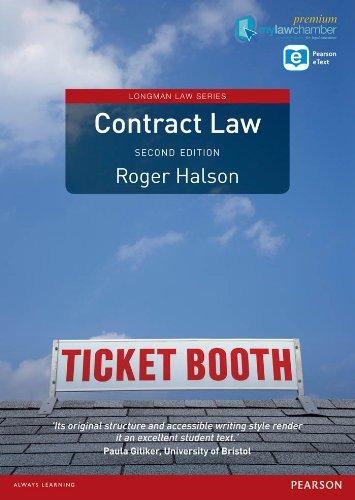Question
1. In what way(s) does arbitration differ from judicial settlement? 2. How many judges sit on the International Court of Justice? How are they chosen?
1. In what way(s) does arbitration differ from judicial settlement?
2. How many judges sit on the International Court of Justice? How are they chosen?
3. Identify the means by which the consent of states to the jurisdiction of the ICJ can be established.
4. What is the "Optional Clause"? What is it intended to achieve? What is meant by "reciprocity" in the context of the Optional Clause?
5. Go onto the ICJ website (www.icj-cij.org) and find whether your own state has made a declaration under the Optional Clause. If so, is it subject to reservations? What are they?
6. What is a self-judging reservation to the Optional Clause? What are the arguments for and against the validity of such reservations?
7. What happens when a decision of the Court is likely to affect the legal rights or obligations of a third state not involved in the litigation?
8. Who may request the ICJ to give an Advisory Opinion, and on what issues? In what way(s) does the advisory jurisdiction of the ICJ differ from its contentious jurisdiction?
9. To what extent, if any, are judgments in contentious cases, and advisory opinions, of the ICJ binding? How, if at all, are they enforceable?
Step by Step Solution
There are 3 Steps involved in it
Step: 1

Get Instant Access to Expert-Tailored Solutions
See step-by-step solutions with expert insights and AI powered tools for academic success
Step: 2

Step: 3

Ace Your Homework with AI
Get the answers you need in no time with our AI-driven, step-by-step assistance
Get Started


